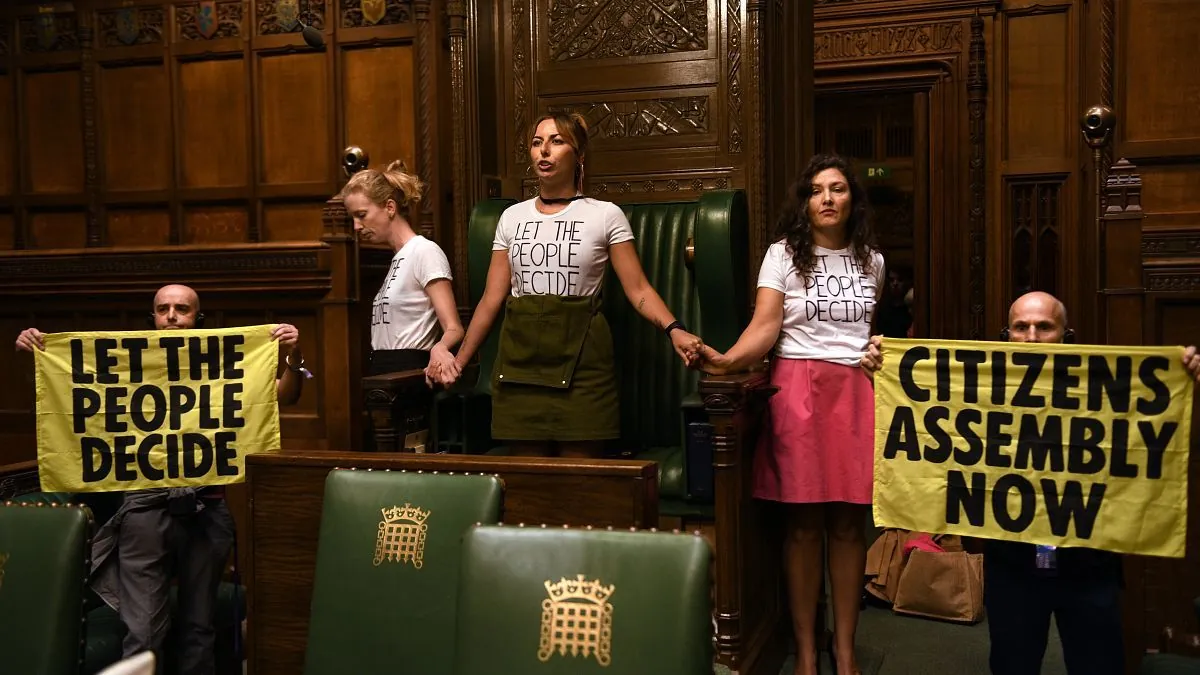Labour Donor Urges Taxing the Rich to Fund Public Sector Pay Rises
Dale Vince, a major Labour donor, advocates for taxing the wealthy to finance public sector pay increases. Unions demand "pay restoration" amid economic challenges and looming strikes.

Dale Vince, a prominent Labour donor and green energy entrepreneur, has voiced support for increasing taxes on the wealthy to fund public sector pay rises. This proposal comes as trade unions prepare to demand "pay restoration" at the upcoming Trades Union Congress (TUC) annual meeting in September 2024.
Vince, who contributed £5 million to Labour's election campaign, argues for above-inflation pay increases to compensate for a decade of real-term salary reductions in the public sector. He stated:
"If you look at other parts of our economy, bonuses are off the hook. Banking bonuses are back with no limit. It can't be right that we have no limits on one part of our economy and yet we force real-terms pay cuts [on others]."

The proposal to restore public sector pay to 2011 levels in real terms is estimated to cost over £50 billion. This significant sum reflects the impact of inflation on wages over the past 13 years. The UK public sector, which employs approximately 5.8 million people as of 2024, has faced ongoing financial pressures.
Labour's relationship with unions is under scrutiny, with critics warning of potential widespread strikes. The party has already agreed to above-inflation pay rises for junior doctors and train drivers, leading to accusations of capitulating to union demands.
The economic context is challenging, with the UK borrowing £3.1 billion in July 2024, significantly above the Office for Budget Responsibility's forecast. This overspending is partly attributed to higher public sector pay deals.
As Rachel Reeves prepares for her October 2024 Budget, economists predict tax increases of around £10 billion. This comes as the UK's tax system, which includes progressive income tax rates and various allowances, faces calls for reform to address income inequality.
The debate over public sector pay raises complex issues. Supporters argue it would reduce costs associated with industrial action, which has already cost the NHS £1.7 billion, and address staff shortages in critical sectors like nursing and teaching. The NHS, established in 1948, is one of the world's largest publicly funded health services and a key employer in the UK public sector.
However, not all union leaders agree with blanket pay rise demands. Some advocate for a more nuanced approach, recognizing the varying needs across different public sector roles.
As the UK faces potential strikes by train drivers, GPs, and passport staff at Heathrow, the balance between fair compensation for public sector workers and economic stability remains a critical challenge for the Labour government.


































